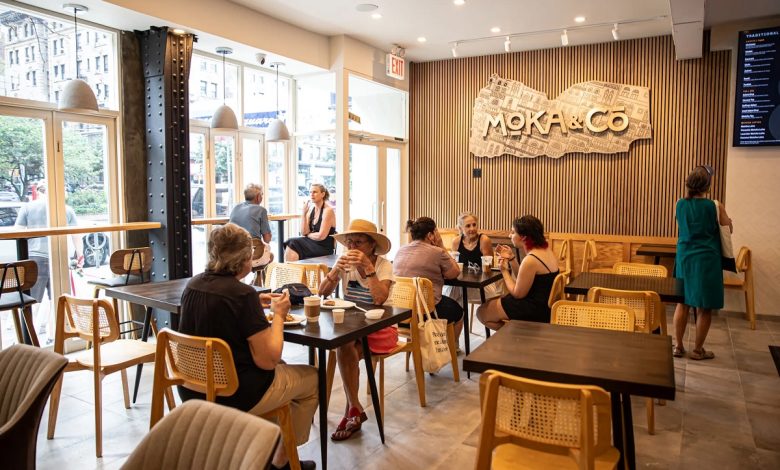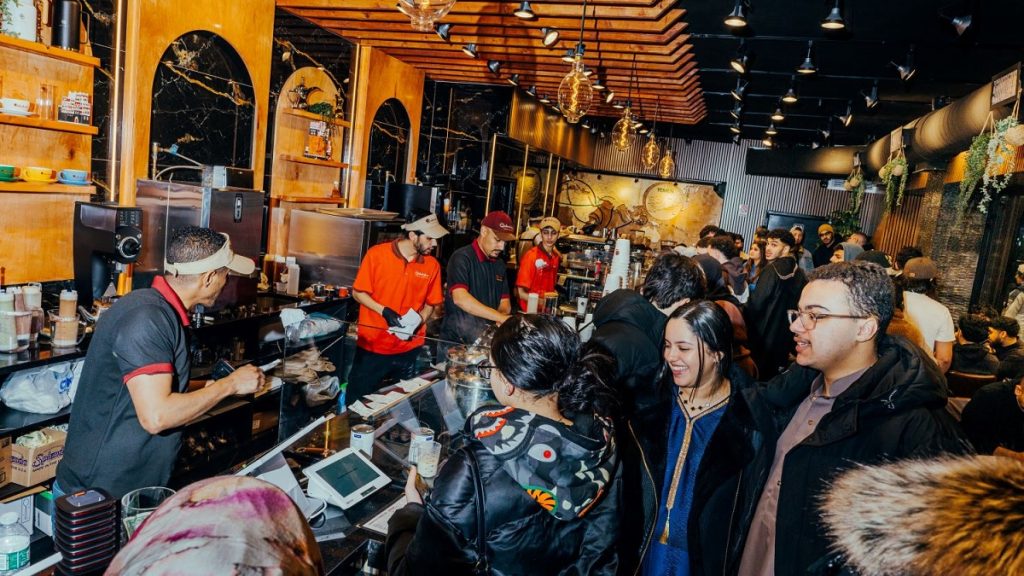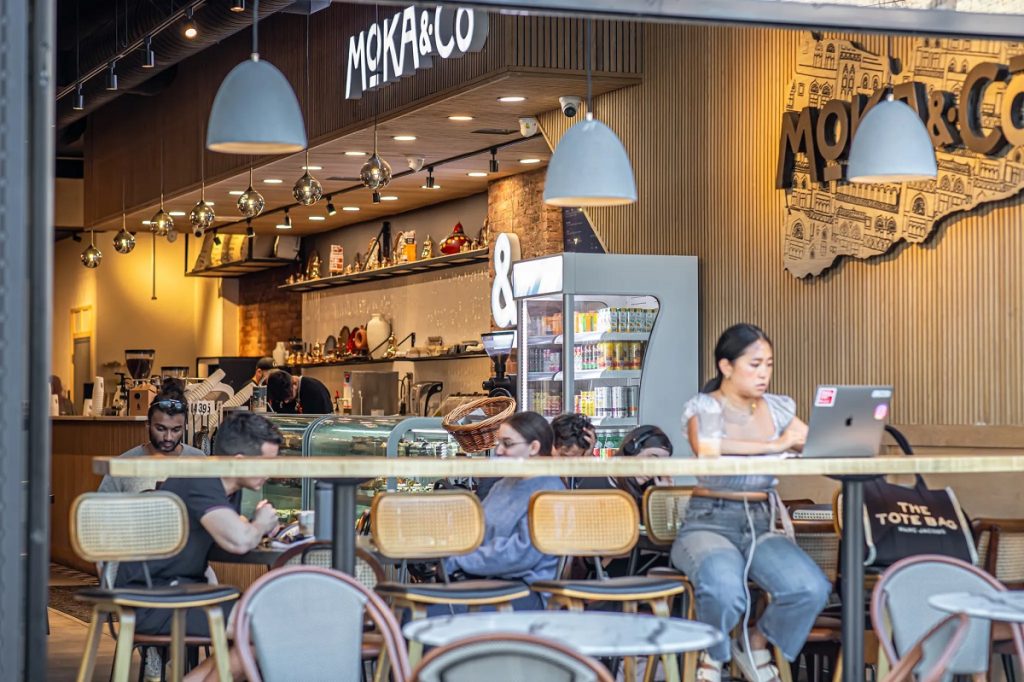Dearborn’s Coffee Revolution: Yemeni Identity Replaces Global Chains
After 16 years, Starbucks in Dearborn closes its doors, making way for a Yemeni café that reflects both cultural pride and the impact of global boycott movements.

The famous Starbucks branch in Dearborn, Michigan has officially shut down after nearly 16 years of operation, to be replaced by a new Yemeni café — marking a cultural and political transformation in a city with one of the largest Arab-American populations in the United States.
The closure comes amid declining sales for Starbucks worldwide, fueled by widespread boycott campaigns over the company’s alleged support for Israel during its ongoing war in Gaza. The vacant location, at the intersection of Michigan Avenue and Oakman Boulevard, is expected to reopen by late 2025 or early 2026 under the Yemeni-owned chain Mocha & Co., following renovations.
Yemeni cafés have been rapidly spreading across America, offering not only coffee but also a social and cultural experience. In Dearborn, cafés like Haraz Coffee House and Qahwa House have become popular community hubs, serving specialty Yemeni brews alongside traditional pastries like bint al-sahn (honeycomb bread).
Unlike Starbucks’ globalized branding, Yemeni cafés emphasize authentic single-origin coffee sourced from the mountains of Yemen, famous for its rich, spiced flavor. Menus often blend tradition with innovation, featuring drinks like iced pistachio lattes, spiced lattes, Adeni chai, matcha, and refreshing cold brews.

Boycott Campaigns and Starbucks’ Losses
The shift in Dearborn is not purely cultural. It reflects the power of grassroots boycott movements. According to Bloomberg, Starbucks reported a 7% decline in global sales between July and September 2024, with profits dropping from $1.21 billion to $909 million year-over-year. Sales fell 6% in North America, 9% internationally, and a staggering 14% in China.
Starbucks CEO Brian Niccol admitted that boycott campaigns had a “significant negative impact,” not only in the Middle East but also across U.S. markets.
This trend is especially visible in Dearborn, where residents increasingly choose Yemeni cafés as a symbol of cultural identity, solidarity, and resistance. As one local customer, Aisha Nasser, told Qahwaworld:“Yemeni cafés offer something different… coffee with a story — from the mountains of Yemen to our cups.”

A New Coffee Identity for Dearborn
The replacement of Starbucks with a Yemeni café is more than a business change; it represents a shift in identity. For many in Dearborn, global brands no longer define local taste. Instead, the community is embracing its roots through Yemeni coffee — a centuries-old tradition that is now reshaping America’s coffee scene.
With Dearborn as its epicenter, the rise of Yemeni cafés signals a broader movement across the United States, blending heritage, commerce, and activism.



